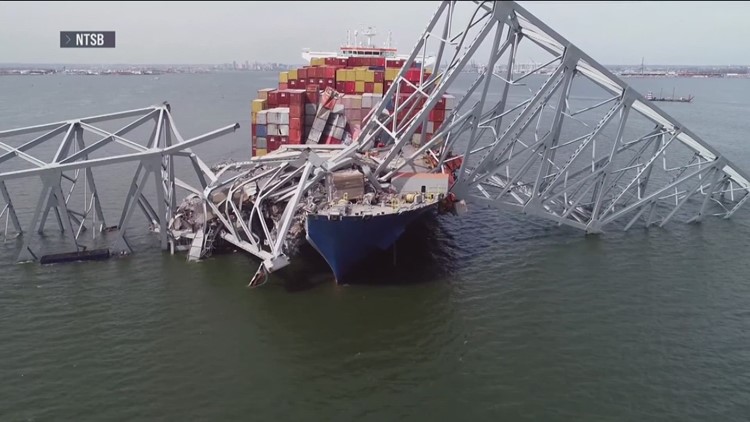PHILADELPHIA — For some people, going over large bridges brings a sense of fear.
Technically, it's called gephyrophobia, the abnormal, persistent fear of crossing bridges.
Mix that with acrophobia — the fear of heights — and crossing big bridges can be a terrifying experience.
For people who are fearful, the Delaware River and Bay Authority has a special escort program. You call ahead and meet on the side of the road before crossing the bridge. Then the escorts talk to drivers and try to ease their fears as they cross the bridge.
"It's always better to keep the conversation going and that distracts them from their fear," Sgt. Steve Burkhead with the Delaware River Authority said.
"I usually tell people to just focus on the road," Burkhead said. "It's the same road in front of you as you get out back on the highway once you cross the bridge. So just focus on the road and you'll be OK."
Burkhead said people have all kinds of explanations for their fears, and while most people are fine, the officers never know who they're dealing with.
"It's a little dangerous, but we do it, you know," he said. "Just because we don't know what we're walking into, you know, we're definitely cautious of that, and we kind of have to read the body language a little bit to make sure."
The team is expecting to get more requests for escorts after the bridge collapse in Baltimore.
What is gephyrophobia?
Gephyrophobia is the abnormal, persistent fear of crossing bridges.
A specific phobia is an intense, irrational fear of something that poses little or no danger, according to the National Institute of Mental Health.
Phobias may stem from bad experiences, genetics, learned behaviors, or brain function and structure, according to the Mayo Clinic. If a phobia is affecting your daily life, talk with a doctor or health care provider about getting help. For most people, therapy can help, the Mayo Clinic says.
What is acrophobia?
The fear of heights is called acrophobia. It is a type of anxiety disorder, according to the Cleveland Clinic.
Being nervous and cautious is normal, but acrophobia can entail a more intense fear related to ladders, balconies, bridges and other things. Acrophobia is one of the most common phobias, affecting 3% to 6% of people.



